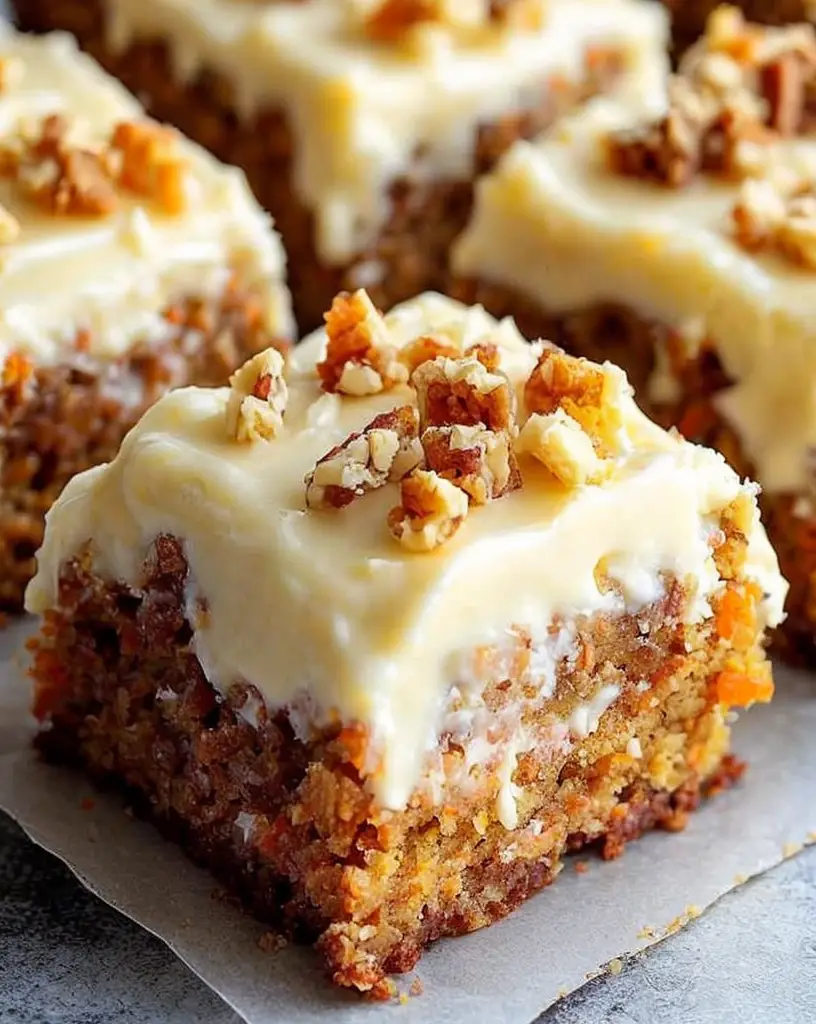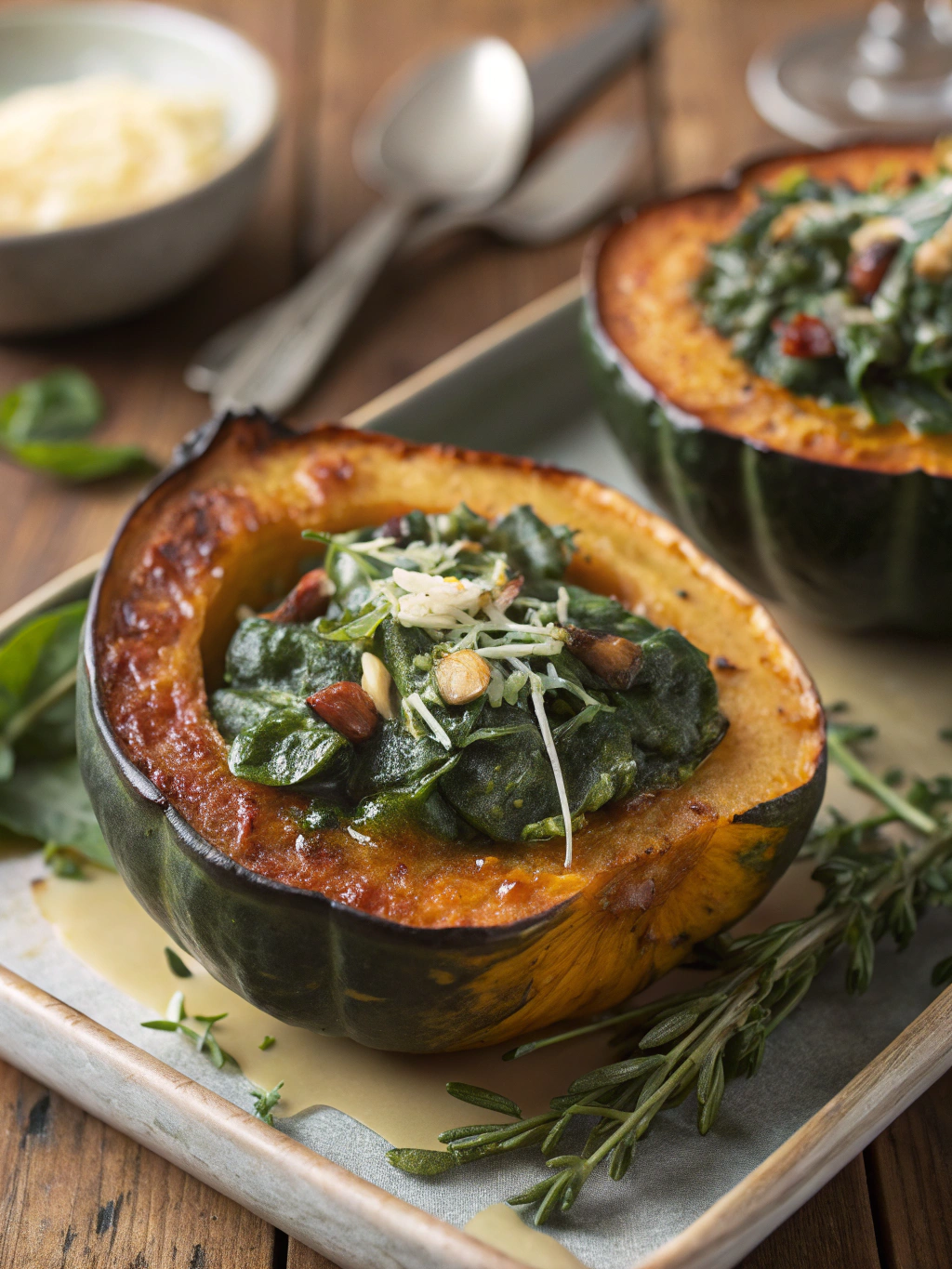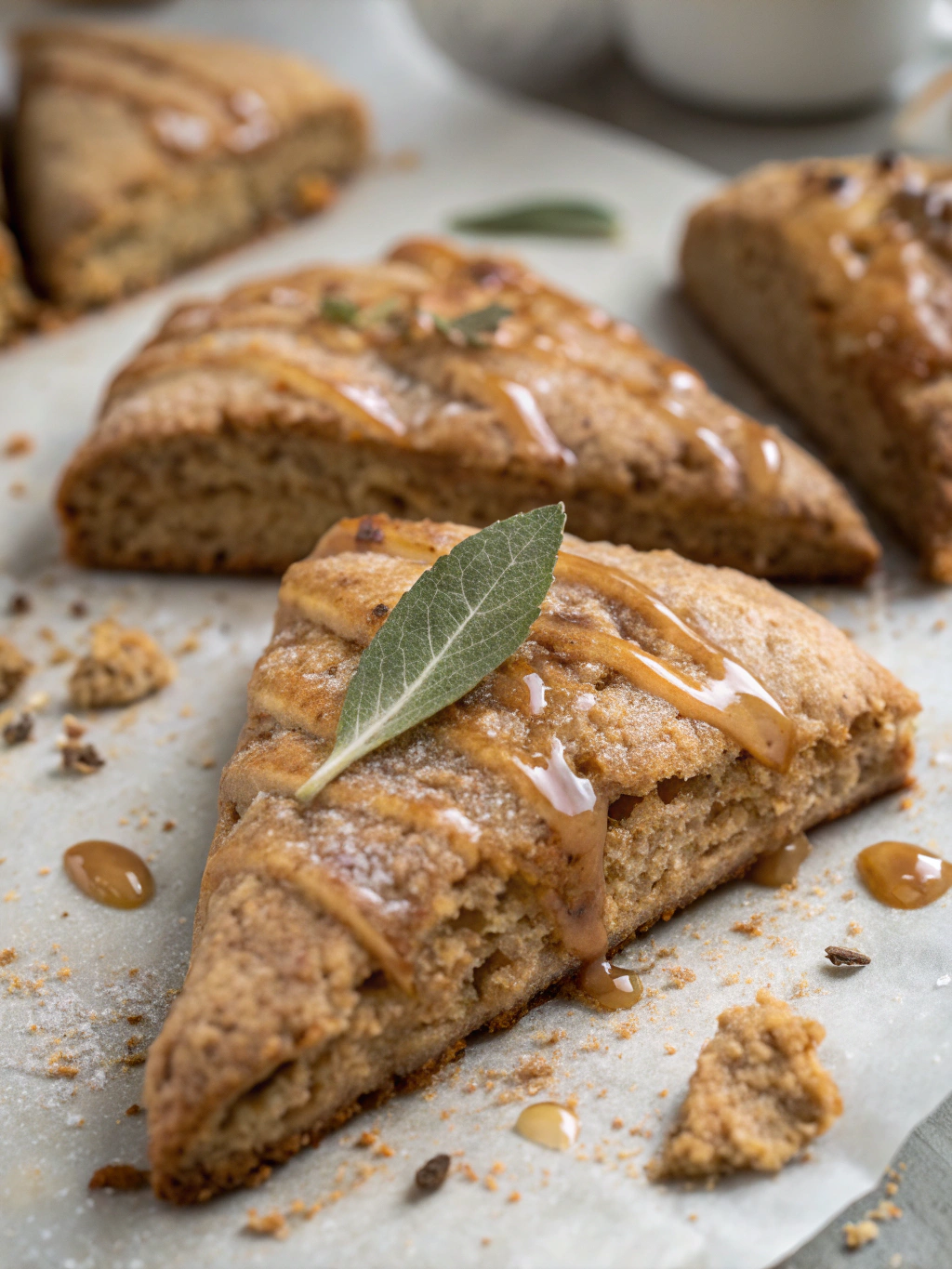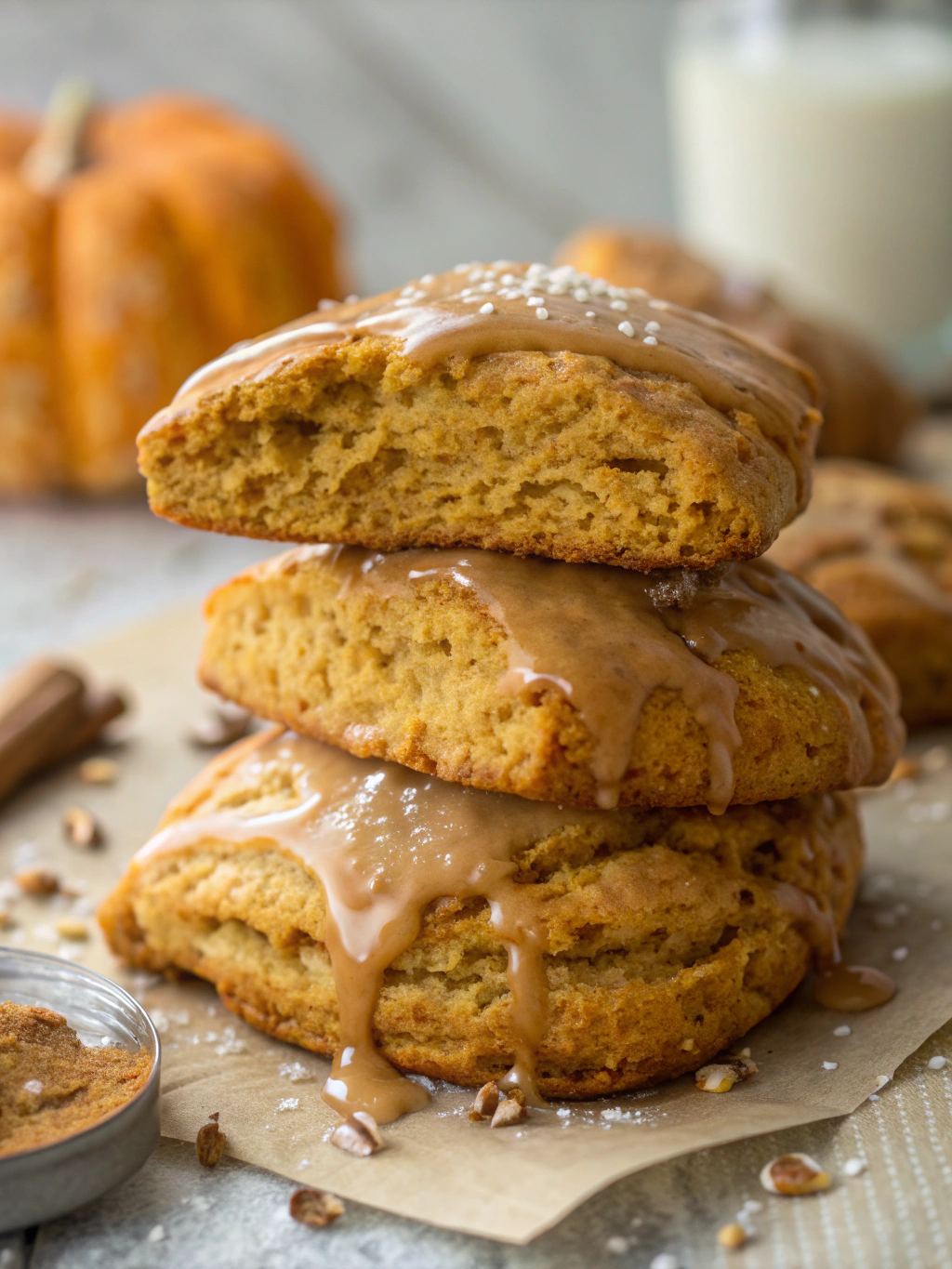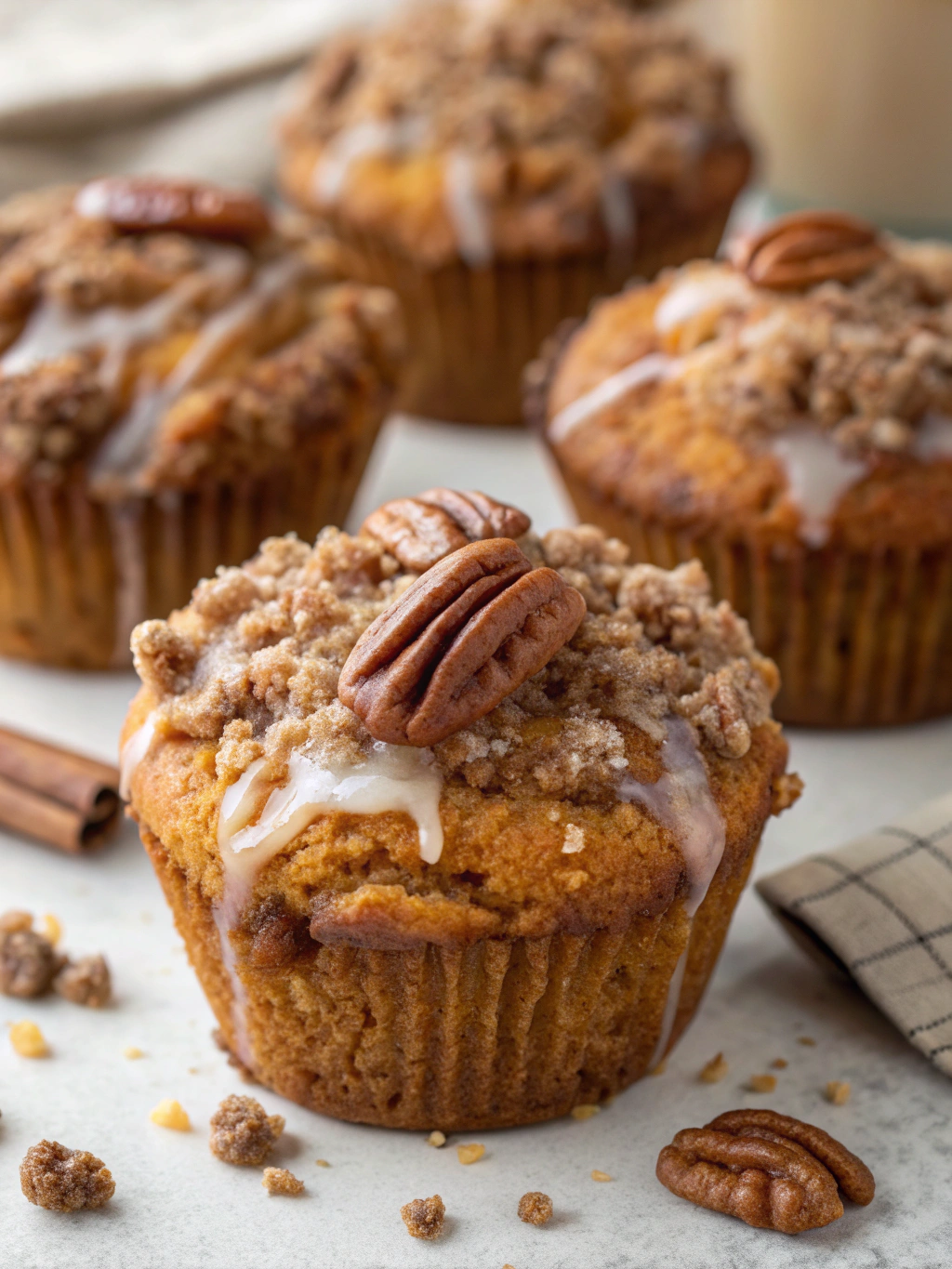Decadent Carrot Cake Bars with Cream Cheese Frosting: A Sweet Delight
Imagine biting into a luscious carrot cake bar, the kind that melts elegantly on your tongue with each subtle swirl of cream cheese frosting. Decadent Carrot Cake Bars with Cream Cheese Frosting offer a real taste adventure, characterized by the perfect balance of sweet and spice. Best served as an enticing dessert or a delightful coffee companion, these bars promise a delightful sensory experience with their moist, fluffy texture and rich, creamy topping.
Crafted with love, these carrot cake bars boast a symphony of flavors that dance together in harmonious balance. The grated carrots infuse a natural sweetness while raisins and walnuts introduce a delightful crunch, elevating every bite. Whether you’re hosting a festive gathering or simply craving an indulgent treat, this cake promises to be the star of the show!
Quick Recipe Highlights
- Flavor Profile: Experience the sweet carrot balanced by warm spices like cinnamon and nutmeg, rounded out by the tangy cream cheese frosting.
- Texture: Fluffy yet moist cake bars with pieces of crunchy walnut interspersed throughout, topped with smooth and creamy frosting.
- Aroma: A comforting aroma of baked cinnamon and nutmeg with a hint of buttery sweetness from the frosting.
- Visual Appeal: Attractive orange-hued bars with a creamy white topping that are perfect for any dessert table.
- Skill Level Needed: Intermediate baking skills are needed, as these bars require precise preparation and assembling of layers.
- Special Equipment: A mixing bowl, grater, baking pan, and hand mixer will ensure your bars are perfectly baked and frosted.
Recipe Overview
- Difficulty Level: Classified as intermediate due to the multi-step process involved in preparing both the cake and frosting, requiring attention to detail for best results.
- Category: These bars fall under the category of delectable desserts and sweet snacks.
- Cuisine: Rooted in American baking traditions, these bars are often featured in holiday and family gatherings.
- Cost: Relatively budget-friendly, with most ingredients being pantry staples and fresh produce, making it affordable without compromising on taste.
- Season: Best enjoyed in autumn when spices are most appreciated, but these bars delight all year round.
- Occasion: Ideal for birthdays, holiday dinners, tea parties, or just indulging in a moment of self-care with a hot beverage.
Why You’ll Love This Recipe
Taste and texture appeal are paramount when it comes to these carrot cake bars. The combination of sweet carrots, crunchy walnuts, and the spiced cake base provide a dynamic bite, while the smooth, tangy cream cheese frosting ties it all together. This is truly a luxurious dessert experience right at your fingertips.
Convenience is another winning feature of these carrot cake bars. The recipe is straightforward and the ingredients are usually already available in most kitchens. The convenience of storing and reheating these bars also makes them a practical dessert option for busy individuals craving a gourmet experience at home.
Nutritionally, these bars offer some unexpected benefits. Carrots are rich in beta-carotene, a precursor of vitamin A, which supports vision and immune function. The presence of walnuts adds healthy fats and protein to the mix, while the cream cheese provides calcium and more protein.
Socially, these bars are a fantastic way to bring people together. Whether you’re baking as a family activity or serving them up as a display of hospitality, they are sure to impress guests or delight loved ones, making any gathering a cherished memory.
Cost-effectiveness and accessibility are two more aspects that make these bars stand out. With ingredients so widely available, you can whip these up without a trip to a specialty store or straining your budget. The end result exceeds expectations for such an economical dish!
Historical Background and Cultural Significance
Carrot cake’s origins are deeply rooted in Medieval Europe, where carrots were utilized as a sweetener in place of expensive sugar. Over time, this led to the delicious creation of carrot puddings and cakes, slowly evolving into the beloved carrot cake we make today.
Culturally, carrot cake holds a special place in Western desserts, often associated with celebrations and festive occasions. Its versatility and comforting taste have rendered it a staple in brunches, gifting, and holiday baking traditions across the globe.
The evolution of carrot cake into compact bars occurred in the late 20th century, catering to the demand for more portable and shareable dessert options. This transformation highlights the adaptability of the recipe to fit modern lifestyles and dining preferences.
Regional variations have surfaced, too, with some cultures incorporating coconut or pineapple chunks for added moisture and flavor. This flexible nature shows carrot cake’s ability to transcend culinary boundaries and delight a diverse range of palates.
Ingredient Deep Dive
Carrot stands as the star ingredient, historically used in desserts to impart sweetness and moisture, particularly in times when sugar was a luxury. It remains valuable for its nutritional content, being rich in dietary fiber and beta-carotene, and it adds a natural color and subtle sweetness to the cake.
Walnuts lend a distinct crunch and rich, nutty flavor to the bars. They are nutrient-dense, offering omega-3 fatty acids and substantial antioxidants, which promote heart health. When selecting walnuts, look for those with uniform color and plumpness, and store them in a cool, dry place to prevent rancidity.
Cream cheese in the frosting provides tangy contrast to the sweet carrot cake bars. This dairy product is an excellent source of calcium and contains probiotics. Select high-quality, full-fat cream cheese to ensure richness in flavor and smooth, spreadable consistency. Keeping it refrigerated will help it maintain its texture.
Brown sugar plays a pivotal role, slightly deepening the flavor profile with its molasses content. It complements the spices like cinnamon and nutmeg perfectly by adding a caramel-like sweetness. Brown sugar should be stored in a cool, dry place to avoid hardening and clumping.
Raisins offer additional texture and bursts of sweetness. They are also a source of iron and antioxidants. When choosing raisins, ensure they are plump and aromatic, storing them in a sealed container to maintain moisture and prevent stickiness.
Common Mistakes to Avoid
- Over-mixing the batter can result in a dense cake bar, so mix just until the ingredients are combined.
- Not properly measuring ingredients can throw off the balance of the cake, so use a scale or leveled measuring cups.
- Baking at an incorrect temperature may lead to dry bars or uneven baking, so always preheat your oven fully.
- Skipping the grating of carrots could leave large pieces in the cake, affecting texture; finely grate them to ensure even distribution.
- Under-beating the cream cheese frosting may result in lumps. Beat until smooth and fluffy to achieve a perfect finish.
- Omitting spices can make the cake bland; ensure you use fresh cinnamon and nutmeg for optimal flavor.
- Failing to cool the cake before frosting can lead to melting, so allow sufficient cooling time.
- Neglecting to line the baking pan can increase the risk of sticking; use parchment paper for easy release of the bars.
- Ignoring ingredient temperatures could impact the final texture, so ensure butter and eggs are at room temperature before beginning.
- Improper storage after baking can make bars stale; store them in an airtight container to maintain freshness and moisture.
Essential Techniques
When making these carrot cake bars, properly creaming the butter and sugar is essential. This step incorporates air into the mixture, ensuring a light and fluffy texture for the cake bars. Aim for a pale and soft mixture for the best results.
Grating the carrots finely ensures they integrate smoothly into the batter, adding moisture without weighing the cake down. Use a fine grater or food processor for uniformity.
Baking evenly is key to achieving the perfect carrot cake bars. Ensure your oven is at the correct temperature, and place the baking pan in the center of the oven for consistent heat distribution. Use a thermometer to verify your oven’s accuracy.
Spreading the cream cheese frosting evenly requires patience. Use a spatula to gently spread a thick layer over the cooled cake, maintaining a consistent thickness across the surface for a professional finish. Starting with room temperature cream cheese will aid this process.
Letting the frosted bars chill before serving allows the flavors to develop and the frosting to set, leading to a better-textured dessert. Cover and refrigerate for at least an hour before slicing and serving.
Pro Tips for Perfect Decadent Carrot Cake Bars
To enhance flavor, toast walnuts before incorporating them into the batter. This brings out their natural oils and deepens flavor complexity.
For a richer taste, use a mix of brown sugar and white sugar. Brown sugar adds a molasses note, while white sugar keeps the bars light.
Add a splash of vanilla extract to both the batter and the frosting for an understated depth of flavor that complements the spices perfectly.
To achieve a smooth cream cheese frosting, ensure all ingredients are at room temperature before mixing. Slowly add powdered sugar to avoid clumps and maintain a creamy texture.
Adjust the ratio of raisins and walnuts to your personal preference. More raisins will make the bars sweeter and chewier, while more walnuts add crunch.
If you prefer a thicker frosting layer, double the frosting recipe. Extra frosting can also be reserved for additional topping or other desserts.
All-purpose flour can be swapped for whole wheat flour for added fiber and a slightly nuttier flavor, though this may make the bars denser.
Experiment by adding freshly grated nutmeg to the frosting for an unexpected hint of spice and enhanced depth of flavor.
Variations and Adaptations
For regional variations, consider adding some shredded coconut or crushed pineapple into the batter for a tropical twist. These additions give a hint of sweetness and moisture reminiscent of Southern baking styles.
Seasonally adapting this recipe can be delightful—incorporate maple syrup in autumn or a hint of ginger in winter. Ingredients like pumpkin puree or dried cranberries can be added for a distinctly seasonal vibe.
Dietary modifications are straightforward. Use gluten-free flour mixes to accommodate those with gluten intolerances, ensuring flour substitutes are balanced for best results.
For a burst of diverse flavors, experiment with different spices such as cardamom or allspice in the batter. These tiny tweaks can infuse a new aromatic dynamic, perfect for spice enthusiasts.
Modify texture by substituting some of the all-purpose flour with almond flour for a denser, richer bar that maintains moisture exceptionally well and offers a gluten-free option.
Presentation alternatives abound as well, from drizzling chocolate or caramel over the frosting to decorating with candied carrot strips for a noble touch.
Serving and Presentation Guide
For elegant plating, consider slicing the bars into uniform rectangles and aligning them neatly on a serving platter. Use a clean, sharp knife for defined edges.
Garnishing ideas include sprinkling crushed nuts or a dusting of cinnamon on top for added appeal and an aromatic hint that visually signals the flavors inside.
Pair the bars with a scoop of vanilla ice cream for a more indulgent dessert option, offering a delightful contrast between warm spices and cold creaminess.
When serving in a modern context, stack bars and complement them with fresh fruit on the side, providing a fresh angle to a classic dessert offering.
Temperature is crucial; serve these bars slightly chilled or at room temperature to best appreciate the frosting’s texture and the cake’s flavors.
For portion control, consider serving in petite, bite-sized squares during social events, allowing guests to indulge without overwhelming portion sizes, ensuring everyone gets a taste.
Wine and Beverage Pairing
Pairing wine with carrot cake bars can elevate the experience. A chilled glass of Muscat’s sweet, fruity notes perfectly complements the spicy, rich flavors of the cake.
For non-alcoholic options, a zesty ginger ale or chai tea high in cinnamon and spice aligns with the cake’s profile, offering a refreshing balance.
If coffee is more your forte, opt for a medium roast with floral notes – it won’t overpower the dessert but will enhance the flavor complexity.
Consider serving beverages slightly chilled to contrast with the caramelized sugar and deep nutty undertones of the cake, rounding off the meal on a refreshing note.
Ensure to have sparkling water available; its effervescence cleanses the palate, allowing the nuanced flavors of each bite to shine anew.
Storage and Shelf Life
To maintain freshness, store carrot cake bars in an airtight container to prevent them from drying out or absorbing odors from other foods.
Keep bars in the refrigerator where they can last up to five days, maintaining cool temperatures to ensure frosting remains firm and the cake moist.
For longer storage, these bars freeze beautifully when wrapped tightly in plastic wrap and foil. Defrost in the fridge or on the counter before serving.
Signs of spoilage include changes in frosting texture and off odors. This aroma often indicates that oils from walnuts have spoiled or moisture has affected the cake.
Reheat bars by allowing them to come to room temperature naturally or heating them gently in an oven preheated to 325°F for five to ten minutes.
Freezing guidelines are simple: ensure bars are solidly frozen individually before storing them together to avoid sticking, ensuring they retain their distinct shapes.
Make Ahead Strategies
Begin by pre-grating carrots and preparing walnuts ahead of time. This saves significant preparation minutes and allows smoother assembly on baking day.
Store the uncooked batter in the fridge for up to a day if need be, but always bake once mixed for the most tender cake bars. Marinating allows flavors to blend richly.
Partially frost the cake before refrigerating for best flavor development, adding final layers fresh before serving for ideal taste and visual impact.
For gatherings, assemble the cream cheese frosting the day before and store it in the refrigerator. This saves immediate hassle and allows the flavors to meld harmoniously.
Factor in ample time for cooling after baking to ensure the bars set properly, enhancing flavor and texture experiences.
Fresh element additions should always be done just before serving. Adding fresh nuts or garnishing not only improves appearance but enhances textural richness.
Scaling Instructions
To half the recipe, reduce all ingredient measurements by half, and use a smaller baking pan to ensure even cooking and avoid burning or uneven textures.
Doubling or tripling the recipe follows straightforward multiplication of ingredients but requires larger kitchen equipment and potentially multiple batches for even cooking.
Adjust equipment needs by ensuring adequate mixing bowl capacity and pan space when increasing the recipe size, especially with voluminous doughs like cake batter.
Timing must be adjusted as increased volumes may alter cooking times. Check doneness using a toothpick test, expecting longer baking times with doubled recipes.
Keep in mind storage restrictions when scaling. Allow adequate storage for larger quantities, keeping in mind refrigeration space for pre-planned gatherings or events.
Nutritional Deep Dive
A macro breakdown shows these cake bars primarily offer carbohydrates from flour and sugar, fats from walnuts, eggs, and cream cheese, providing energy.
Micronutrients include beta-carotene from carrots, beneficial for eye health, and omega-3s from walnuts, supporting brain health.
Beyond their delightful taste, these bars make a moderate-energy choice for those watching dietary intake. Proportionate serving can manage calorie concerns effectively.
For dietary considerations, substitution of cream cheese or sugar with low-fat or sugar-free alternatives can benefit those monitoring specific nutrients.
Portion analysis assists weight management, asserting that small slices grant indulgence without exceeding daily calorie limits, promoting mindful intake.
Weight management tips include serving these bars as part of a balanced meal, ensuring nutrient-dense foods accompany the occasional treat.
Dietary Adaptations
For gluten-free options, replace regular flour with a gluten-free blend, ensuring binding agents like xanthan gum are included for texture retention.
Dairy-free adaptations include using dairy-free cream cheese alternatives and plant-based milk, accommodating lactose intolerance without compromising flavor.
Vegan solutions involve flaxseed “eggs” and plant-sourced cream cheeses, maintaining the bar’s texture and richness while aligning with ethical eating practices.
Low-carb adaptations can include replacing sugar with stevia or erythritol, reducing sugar impact while still satisfying sweet cravings.
For keto enthusiasts, use almond flour in place of wheat flour, and rely more on cream cheese for fat content while focusing on sugar-free sweeteners.
Aligning with paleo objectives, use honey or maple syrup in small quantities, and almond or coconut flour to retain texture and flavor consistency.
Low-FODMAP versions skip high-lactose cream cheese, utilizing lactose-free substitutions while minimizing suspect veggies like raisins, optimizing digestive care.
Other diets, such as nut-free, can swap walnuts for seeds, accommodating allergies while remaining delicious, or highlight pre-approved ingredient lists for specific needs.
The Recipe
Decadent Carrot Cake Bars
Serves: 12
Prep Time: 30 mins
Cook Time: 40 mins
Total Time: 70 mins
Kitchen Equipment Needed
- Mixing bowl
- Grater
- Baking pan (9×13 inch)
- Hand mixer
- Spatula
Ingredients
- 2 cups all-purpose flour
- 1 1/2 cups granulated sugar
- 1/3 cup brown sugar
- 1 cup vegetable oil
- 4 large eggs
- 1 teaspoon vanilla extract
- 2 cups grated carrots
- 1/2 cup raisins
- 1/2 cup chopped walnuts
- 2 teaspoons baking powder
- 1 teaspoon baking soda
- 1 teaspoon ground cinnamon
- 1/2 teaspoon ground nutmeg
- 1/2 teaspoon salt
- 8 oz cream cheese, softened
- 1/2 cup unsalted butter, softened
- 2 cups powdered sugar
- 1 teaspoon vanilla extract (for frosting)
Directions
- Preheat your oven to 350°F (175°C) and grease a 9×13 inch baking pan.
- In a large mixing bowl, whisk together flour, baking powder, baking soda, cinnamon, nutmeg, and salt. Set aside.
- In another bowl, beat together sugars, oil, and eggs until smooth. Stir in vanilla extract.
- Gradually add dry ingredients to the wet mixture, stirring until just combined.
- Fold in grated carrots, raisins, and walnuts. Pour batter into prepared baking pan.
- Bake for 35-40 minutes or until a toothpick inserted into the center comes out clean. Let cool completely.
- For the frosting, beat cream cheese and butter together until creamy. Add powdered sugar and vanilla, beating until smooth.
- Spread frosting over cooled cake and cut into bars before serving.
Recipe Notes
- For extra moisture, add a small can of crushed pineapple to the batter.
- Store bars in the refrigerator to keep frosting fresh.
Troubleshooting Guide
If the texture of the bars isn’t tender, it might be due to over-mixing or over-baking. Mix until ingredients are combined, and always check with a toothpick for perfect doneness before removing from the oven.
For issues with flavor balance, assess whether spices are fresh enough. If lacking, replace them. Ensure all ingredients are well-measured for the correct taste profile.
Temperature problems often arise with inconsistent oven heat. Use an oven thermometer to confirm consistent cooking temperatures.
Availability of equipment such as non-stick pans or silicone spatulas can impact the ease of cooking and serving. Ensure these are on hand for a smoother experience.
When substituting ingredients due to allergens or preferences, ensure you understand the properties of your swaps. Gluten-free flours often change texture, for example.
Timing concerns such as missing ideal frosting consistency usually arise from not allowing cooling or temperature acclimation. Factor extra time for settling under cool conditions.
Recipe Success Stories
Our readers love these carrot cake bars, often contributing feedback about personal twists or family reactions. One reader used local honey instead of sugar, enriching sweetness naturally and sharing her success at a local bake-off.
Variations such as adding apple slices or replacing walnuts with pecans have been popular adaptations. These version successes highlight the flexibility and personal touch each baker brings.
Adaptation stories abound, with numerous satisfied tales of adaptions for diets like vegan and keto. Readers often praise resourceful tricks to accommodate health goals.
Reader suggestions have brought fresh ideas, such as sprinkling a touch of chai spice into the frosting for extra aroma. These highlight the recipe’s adaptability and robust base.
Photography enthusiasts illuminate how capturing these bars in natural light captures their distinct colors, allowing the layered textures and frosting glide to shine as the camera focuses.
Frequently Asked Questions
Can I prepare the batter ahead of time?
Yes, you can store the batter in the refrigerator for up to 24 hours before baking. Be sure to cover it tightly to maintain freshness and stir gently before pouring into the pan.
Can I use other nuts instead of walnuts?
Definitely! Pecans make a great alternative, offering a similar crunch. For those with nut allergies, sunflower seeds can be used as a substitute.
How can I make the bars less sweet?
To reduce sweetness, cut down on the sugar in the batter or frosting. Consider using unsweetened applesauce as a replacement for some sugar content.
Is it possible to freeze the bars?
Yes, carrot cake bars freeze well. Wrap each bar individually in plastic wrap, then aluminum foil, and store them in a freezer-safe container for up to three months.
Why is my frosting lumpy?
Frosting turns lumpy when cream cheese is too cold. Ensure cream cheese and butter are fully softened at room temperature, and beat thoroughly for a smooth texture.
Additional Resources
Exploring related recipes such as zucchini bread or pumpkin spice bars is a great way to extend baking flavors discovered in these carrot cake bars.
Technique guides on mastering cream cheese frosintgs or perfecting carrot grating tackle crucial skills transferable across various culinary projects.
Ingredient information focusing on spice blends or choosing quality produce helps boost every recipe’s freshness and flavor profile.
Equipment recommendations ensure every bake is a breeze. Discover new tools that provide efficiency, such as silicon liners or cordless mixers in modern baking.
Seasonal variations like festive pumpkin accents or summer fruit twists provide year-round options to surprise the palate with seasonal influences any time.
Join the Conversation
Engage with fellow baking enthusiasts on social media, sharing your photo captures and unique personal twists to the classic carrot cake bars.
Photography tips include capturing the vibrant colors and textures of the bars in daylight, highlighting frosting decoration and texture with clean, angled shots.
Contribute recipe reviews or share improvements to create a dynamic baking community, fostering learning and encouraging innovation in home kitchens.
Community engagement thrives on adaptation. Share dietary changes or scaling suggestions to enhance diversity and inspire others who face dietary restrictions or concerns.
Engage with family and friends by sharing and creating new variations, encouraging storytelling and experience trades to extend the recipe’s legacy together.

